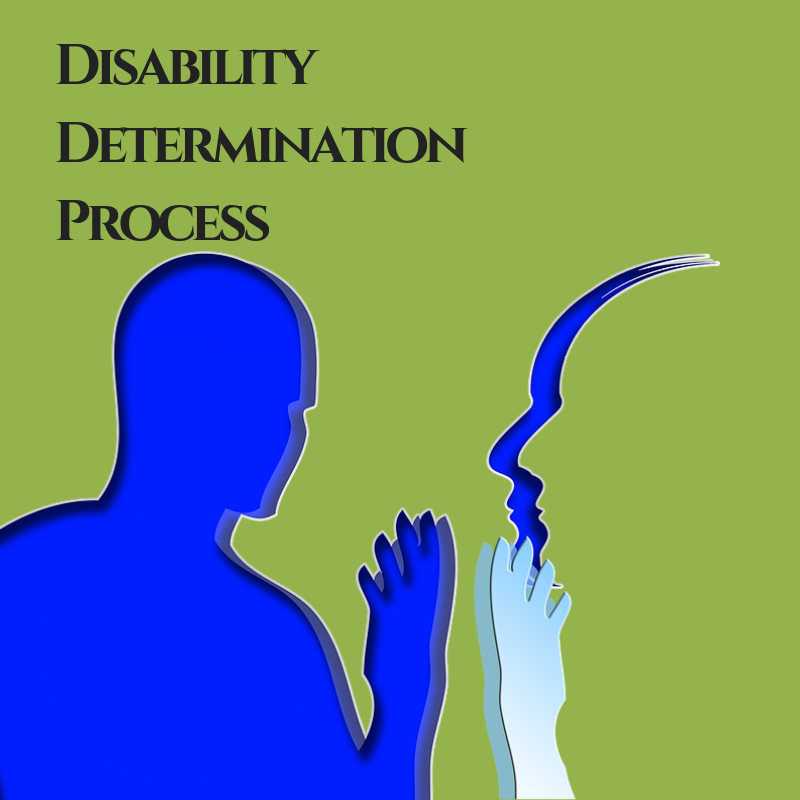 Evaluating disabilities by the Social Security Administration can seem complicated. There are many different pieces to this puzzle and all of these are important in determining whether or not someone qualifies for disability benefits. When the SSA makes their final decision about whether or not someone is able to work, they rely heavily on an individual’s own statement about what they can and cannot do on a daily basis. Of course, there is always the question of how credible someone is.
Evaluating disabilities by the Social Security Administration can seem complicated. There are many different pieces to this puzzle and all of these are important in determining whether or not someone qualifies for disability benefits. When the SSA makes their final decision about whether or not someone is able to work, they rely heavily on an individual’s own statement about what they can and cannot do on a daily basis. Of course, there is always the question of how credible someone is.
How Does the Social Security Administration Assess Someone’s Credibility?
Even though credibility is ultimately a subjective decision, there are a few factors that the SSA will rely on for guidance. Some of these factors include:
- The statements that have been made by doctors and medical professionals regarding someone’s condition and their overall prognosis
- The objective medical evidence, such as radiological scans, pathology specimens, and laboratory evidence
- The statements who have been made by those who know the individual, such as prior employers
This information is important because it shows not only the current symptoms but how the individual managed their prior symptoms. It also describes whether or not someone has put in a good faith attempt at working. Some of the other factors that could play a role in the decision of the SSA include:
- Whether or not the individual is able to carry out their activities of daily living, particularly as these activities compare to their ability to do their job
- The pain the person is in, where the pain is located, how bad the pain is, how long the pain lasts, how often it shows up, and whether or not the individual is receiving medical treatment for this pain
- The aggravating and relieving factors of this pain
- Any medications that the individual takes to help with their pain
- The number of doctors’ visits for pain and other symptoms
Deciding whether or not someone is credible is a challenging decision and all of these factors are going to play an important role.
For more information about this topic, read these articles. Or contact our attorneys for a consultation.
Source
https://www.ssa.gov/disability/disability.html


